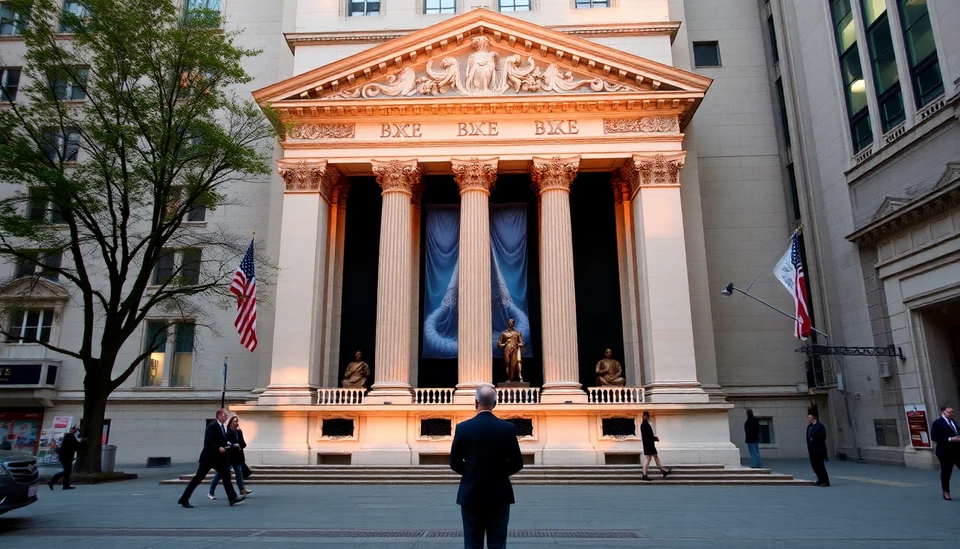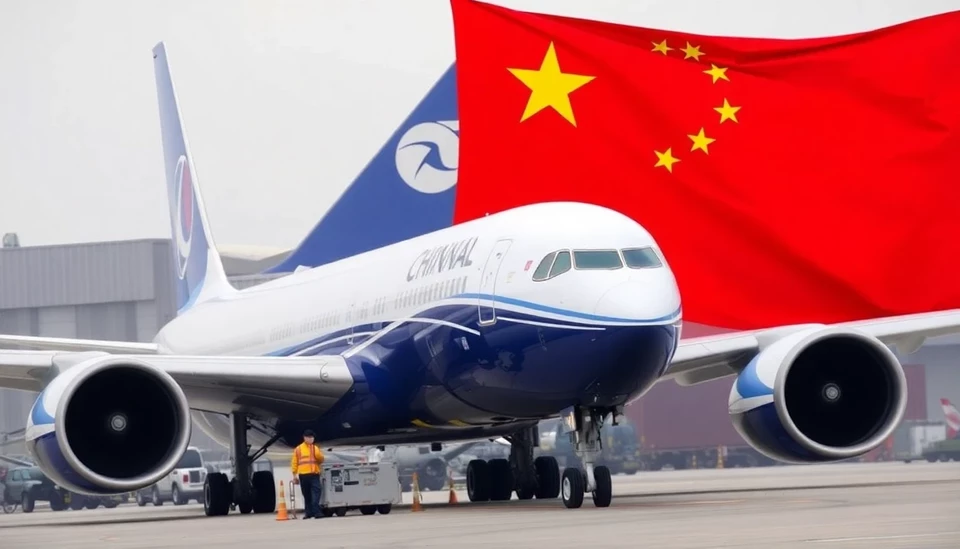
In a recent statement, Bank of England (BOE) rate-setter Jonathon Greene discussed the potential disinflationary effects of U.S. tariffs on international markets. Greene's insights are particularly notable given the ongoing debate surrounding inflationary pressures and the economic strategies countries are employing to mitigate them.
Greene, known for his hawkish stance on monetary policy, emphasized that American tariffs could inadvertently lead to lower inflation rates across economies that are interconnected with the U.S. markets. As tariffs increase costs for U.S. importers, this could lead to a trend where businesses and consumers either absorb the price increases or pivot their purchasing behaviors towards cheaper alternatives. This adjustment may eventually contribute to a cooling off in inflation rates, which have been on a steady rise in recent years.
The rate-setter highlighted that the global supply chain is intricately linked, and changes in one key market—such as the U.S.—can have a ripple effect worldwide. He elaborated that, if U.S. tariffs lead to reduced spending due to higher consumer prices, it could initiate a broader trend of price stabilization that benefits other economies, including the U.K. Greene's perspective suggests that policymakers should closely monitor the situation, as shifts in the U.S. trade policy could redefine inflation outlooks across various economies.
Greene's assertions come at a pivotal time when central banks worldwide are grappling with the consequences of rising inflation rates, which have been influenced by a multitude of factors including supply chain disruptions, energy prices, and labor shortages exacerbated by global crises. His comments provide a fresh lens through which to assess the interconnected nature of global economics, highlighting the importance of understanding international policies and their potential impact on domestic monetary decisions.
As the BOE continues to navigate these turbulent waters, Greene’s remarks serve as a reminder of the complex interplay between fiscal policy, international trade, and inflation. His views could lead to a reevaluation of economic strategies, potentially influencing decisions within the BOE and beyond as authorities aim to stabilize economies post-pandemic.
Market participants and policymakers alike are encouraged to keep a close watch on how U.S. tariff strategies evolve and their subsequent effects on global inflation as they carve pathways for future economic models.
In summary, Greene's comments underscore the need for an adaptive approach in monetary policy, taking into account not only domestic factors but also the substantial influence of international trade practices.
As discussions about inflation and economic recovery continue, the implications of U.S. tariffs may very well play a crucial role in shaping the financial landscape for the foreseeable future.
#BOE #Disinflation #US #Tariffs #Economics #GlobalTrade #Inflation #MonetaryPolicy #FinancialNews
Author: Laura Mitchell




